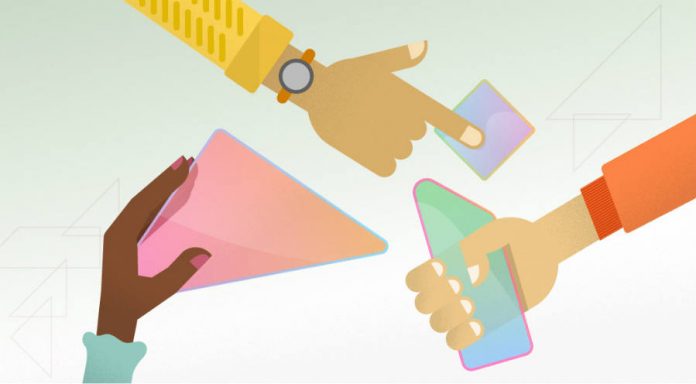
On Monday, Google announced the new People + AI Research (PAIR) initiative; a project focused on developing artificial intelligence “with humanity in mind at the start of the process.” The company wants AI to be inclusive and accessible to everyone.
The tech giant says that research will focus on three study areas for potential development and application: ordinary users, domain experts, and, engineers and researchers. External research support and the creation of open source tools will also be part of the spectrum.
Google has recently doubled down on AI efforts by launching their own dedicated website, partnering up with other tech giants in non-profit consortiums, and supporting similar projects.
What does “accessible AI” mean?
The endgame of initiatives like PAIR is to make artificial intelligence more of a standard tool than a godlike technology, and for that, it is necessary to study how humans interact with these systems and vice versa.
For instance, the first tier of people that Google is looking to help includes researchers and engineers, i.e. the makers and primary users of machine learning models.
These scientists will be the ones that pioneer in new framework development that might make it easier for other specialists to enhance their work with artificial intelligence. That is where the second tier steps in, a pool of people specialized in different areas.
Domain experts, as Google categorizes them, range from traditional fields like medicine where you would expect AI would make a significant impact to less thought-about areas like agriculture in which intelligent models could significantly enhance activities as well.
In fact, precisely both of these fields have seen tremendous progress in recent months. DeepMind and the British healthcare system have teamed up to build disease detection and diagnosis apps, while Cambridge researchers have used machine learning to identify when livestock are sad or in pain.
That will eventually pave the way for the democratization of AI, as Google puts it. This stage will have everyday users at the center of smart applications, as well as their governance and sharing for the benefit of anyone who wishes to embrace the technology.
The tools developed throughout every step of the PAIR way will be open source. The tech giant is setting the example with releases on Monday: Facets Overview and Facets Dive. Both are building blocks for the foundations of the machine learning process.
MIT, Harvard, and more academic institutions will join Google in their crusade to make AI as much of a tool for end users and highly-skilled engineers alike. Professors and specialists from both universities are already working with the company.
Bottom line, very soon you might be able to infuse your projects with artificial intelligence, or at least help Google figure out a way to help everyone grasp and use the groundbreaking technology.
Source: Google










